-4 F. morning low Monday at St. Cloud.
18 F. afternoon high yesterday at STC.
23 F. average high on February 2.
13 F. high on February 2, 2014, after waking up to -21 F.
February 2, 1989: Severe cold across Minnesota with lows in the 40-below-zero range in the north.
February 2, 1947: Strong dust storm hits Crookston with winds near 50 mph. Visibility was reduced down to 300 feet.
One Shade of Grey
How was I to know "50 Shades of Grey" isn't about drab, stormy winters in England? I think I got some bad advice.
What
a strange winter. In Glencoe Saturday I talked to corn and soybean
farmers, already concerned about another drought setting up in 2015.
While Chicago digs out from a 20 inch blizzard; 5th biggest storm in
Windy City history. Detroit picked up nearly 17", the 3rd largest
snowstorm in Motor City history. Crews in Boston don't know where to put
all the snow; 35 inches from 2 storms in one week, an all-time record.
And here we sit, staring out at brown yards and fields, wondering what
comes next.
The groundhog saw his shadow, meaning 6 more weeks of wintry spam from Canada. Big surprise.
But
daylight is increasing rapidly now. Since December 21 we've seen an
additional 65 minutes of light, at the rate of 2-3 minutes every day.
Any
sun quickly fades; today's clipper dropping a coating to an inch of
snow by evening. Arctic air sideswipes Minnesota tomorrow with a wind
chill dipping to -10. The ECMWF (Euro) hints at a more potent clipper
next weekend, even a couple inches, but I'm not holding my breath. No
big storms or subzero smacks are brewing into the second week of
February.
Out east it's a different story: another snowy nor'easter next Monday? At this rate Boston may turn into the Super Bowl of Snow.
An Historic Storm for Chicago.
Yes, if it was up to me (it's not) temperatures would range from 25-30F
(above zero) with non-stop snowstorms. No, that wouldn't make commuters
happy, but that's not my job. It would, however, make me happy. Which
means I've pretty jealous of friends and colleagues in Chicago, still
digging out from nearly 20" of snow. Here's an excerpt from a great
review from the
Chicago National Weather Service: "...
The
16.2 inches recorded at O'Hare just during the hours of February 1st
(out of 19.3 inches total) were the most ever for any February day in
Chicago. The 10.5 inches recorded on February 1st at Rockford (out of
11.9 inches total) ranked #2 all time for the date and #3 all time for
any February day in Rockford. For the event as a whole, the 19.3 inches
at O'Hare ranks as #5 out of all snow events in Chicago, while the 11.9
inches at Rockford ranks as #10 overall for that city..."
6 Things To Know About Groundhog Day. TIME has a story with interesting factoids; here's an excerpt: "...
The
tradition has ancient roots. The National Oceanic and Atmospheric
Administration says Groundhogs Day’s origins are linked to “ancient
European weather lore,” in which a badger or sacred bear made the
prediction..."
Another Clipper.
Not quite the same as 20" of snow (Chicago) or 35" (Boston, from 2
storms in the last week) but we'll take what we can get; models hinting
at a coating to an inch this afternoon and evening. Roads may be greasy
for the drive home. NOAA's NAM guidance: Aeris Weather.
Colder Than Average.
After a milder than average January temperatures relapse over the next
week to 10 days, tens into Thursday before slight recovery by late week.
The best chance of a couple inches of snow comes Saturday into Sunday
morning from a more impressive Alberta Clipper; the pattern not ripe for
southern moisture reaching Minnesota into mid-February.
What A Difference A Year Makes.
Planalytics
compares January 2015 with January 2014, when TV meteorologists were
being paid under the table to hype the "polar vortex". Here are a few
January highlights from the latest report:
- A Cold Start to the Month.
- Week 1 was the coldest start to January in 5 years and coldest since 2004 for Canada, driven by bitter cold in the East.
- NYC, Chicago, Baltimore, and Pittsburgh were all coldest since 1988.
- Consistent Warmth Through the West.
- Despite week 2 trending colder across all regions, western locations experienced warm comparisons for a majority of the month.
- San Diego had its warmest week 1 since 1986.
Brazil Farmers Deal With Worst Drought In 80 Years.
I have relatives in Brazil, who are telling tales of water supplies
being suspended for days on end in large cities, people filling bathtubs
trying to save as much water as possible. Not good. Reuters has a video
report
here.
Photo credit above: "
A
water system station pumps water from the Atibainha reservoir, part of
the Cantareira System that provides water to the Sao Paulo metropolitan
area, in Nazare Paulista, Brazil, Thursday,
Jan. 29, 2015. Southeastern Brazil is suffering the worst drought in
more than eight decades and authorities put Sao Paulo in a state of
alarm when the water utility director said that rationing could be
implemented in a dramatic five days-off, two days-on." (AP Photo/Andre Penner).
Meteorologist Gary Dobbs on Living Through a Tornado. Check out the interview from
Marketplace
to get a better understanding of the trauma experienced by
tornado-survivors, even a weather expert trained to talk about
tornadoes. Here's an excerpt: "
A traumatic crash can be a very personal, deeply transformative moment, an event where life's momentum stops and your reality is changed. How do you move forward? How does it affect the way you look at things? Gary Dobbs dealt with that firsthand. For 31 years, Dobbs worked as a meteorologist at ABC's affiliate in Huntsville, Alabama. In April of 2011, Gary had just gotten home after a long day of covering a tornado outbreak. With storm warnings still in effect, he laid down to take a nap ... and everything changed..."
File photo above: "
In
this April 27, 2011 file photo, a tornado moves through Tuscaloosa,
Ala. The Tuscaloosa News won a Pulitzer Prize in Breaking News Reporting
for their coverage of the April 27, 2011 tornado that destroyed much of
Tuscaloosa. A year after the Pulitzer judges found no entry worthy of
the prize for breaking news, The Tuscaloosa News of Alabama won the
award for coverage of a deadly tornado." (AP Photo/The Tuscaloosa News, Dusty Compton, File)
The Anxiety Of Dangerous Weather: What Happens When Climate Change Drops In For A Visit.
What are increasingly turbocharged storms doing to our mental health,
and how do we avoid a sense of apathy or hopelessness? Here's an excerpt
of a post at
Forbes that caught my eye: "...
But
a residue of anxiety remains. The so-called “natural world” we
encounter through mediated weather events became seemingly more random,
more chaotic, less understandable—in short, more anxious. And anxiety
about weather is a psychological issue of significant importance because
weather is how we experience moments of climate. You see, severe
weather is climate coming by for a visit. It's like the crazy, drunk
uncle whose visits disrupt everything..."
Amish Donuts. Not those kind of donuts, the kind you do in a vehicle, or a horse and buggy, whatever's handy. Check out this
YouTube clip from Ohio in the aftermath of Sunday's heavy snow - there's a first time for everything!

“Time
is too slow for those who wait, too swift for those who fear, too long
for those who grieve, too short for those who rejoice, but for those who
love, time is eternity.” – Henry Van Dyke.
TODAY: Clouds increase. Coating to 1" snow PM hours. Winds: East 5. High: 19
TUESDAY NIGHT: Flurries taper, chilly. Low: -1
WEDNESDAY: Slow clearing, cold wind. Wind chill: -15. High: 13
THURSDAY: Fading sun, stiff breeze. Wake-up: -4. High: 21
FRIDAY: Mostly gray, thawing out! Wake-up: 14. High: 28
SATURDAY: Stronger clipper, couple inches? Wake-up: 20. High: 26
SUNDAY: Flurries taper early. Some PM sun. Wake-up: 10. High: 25
MONDAY: Blue sky, not bad at all. Wake-up: 8. High: 26
Climate Stories.
An Urban Climate Double Whammy: More Heat, Less Wind.
The Washington Post summarized new research into the implications of a changing climate; here's the introduction: "
It
is hardly news that in a warming world, there is a greater risk of
increased hot temperatures, including truly extreme heat days that push
the boundaries of what people are used to experiencing. But according to
new research,
most major cities across the world are not only experiencing more days
and nights with extreme heat; they’re also seeing less overall strong
wind. That’s a potential double whammy, in that on extremely hot days,
you need breeze to help cool the body down..."
Climate Change May Cause Extreme Storms To Strengthen And Weak Ones To Abate.
Science World Report has the article; here's a clip: "..
.In
other words, they found that powerful storms are strengthened at the
expense of weaker storms. However, there were the same number of storms
overall. These findings may tell us exactly what we may be in for in
terms of weather in the future as our climate continues to warm. The
findings are published in the journal Science...." (Hurricane Denny image: NASA).
KU Team Helps Chart Climate Change With 3-D Map of Greenland Ice Sheet.
The Kansas City Star has a story that got my full, undivided attention; here's the intro: "
To
get a better look at Greenland, climate scientists turned to Kansas. A
team of engineers from the University of Kansas developed
ice-penetrating radar that helped create the first comprehensive 3-D map
of the receding Greenland Ice Sheet. And the picture they produced is
scary. The data reveal that the last time the Earth’s climate was
roughly as warm as now, the ice sheet retreated to a fraction of what it
is today..."
Image credit above: "Radar
map of Greenland may foretell future Ice-penetrating radar shows ice
layers in Greenland from different historical times. The oldest, in dark
blue, is from about 115,000 years ago, when the Earth was roughly as
warm as today." Center for Remote Sensing of Ice Sheets at the University of Kansas.

5 Ways To Teach Children About Climate Change.
EcoWatch has some helpful suggestions on how to communicate a complex, at times frightening topic; here's the introduction: "
Climate
change is a big topic that can be difficult even for adults to wrap
their minds around - especially, it seems, if they are elected to
Congress. Although indicators of it are all around us, it can be hard
for someone who's not a scientist - as members of Congress keep telling
us they aren't - to put together cause and effect. For a child, the
concept is even more abstract. But the good news it that kids are
receptive to new information and there are fun ways out there to make
real to them how the climate is changing and what humans are doing to
make that happen..."
Readmorhere: http://www.kansascity.com/news/local/article8911445.html#storylink=cpy
Is The Pentagon Hyping Climate Change? Here, Take A Look. Here's an excerpt from a story at
The Washington Post: "...
David
Titley, director of the Center for Solutions to Weather and Climate
Risk at Penn State University and a former rear admiral in the Navy,
said the Pentagon does deserve credit for taking “tangible, discrete
actions … to address some of the impacts of climate change,” though few
of them are “as exciting as buildings collapsing in the permafrost.” In
particular, he said, planning is well underway for one of the most
immediate threats: rising tides at Naval Station Norfolk. Still, “overhyping is just as bad as ignoring or denying,” Titley said. “This is a challenge, not necessarily a crisis.”
Image credit: Department of Defense.
Scientists Much More Certain Than Lawmakers on Climate Change. Here's a snippet from a story at
omaha.com: "...
Scientists
in Nebraska and Iowa are among those sounding the alarm about climate
change. For example, climate scientists at the University of
Nebraska-Lincoln advised the state last year that the effect of humans
on Earth’s climate is “very real and very large” and that projected
changes are unprecedented. “The evidence is overwhelming,” their report
states. In Iowa, some 150 of the state’s instructors and professors of
climate science have signed a joint statement saying that humans are the
major cause of warming now underway..."

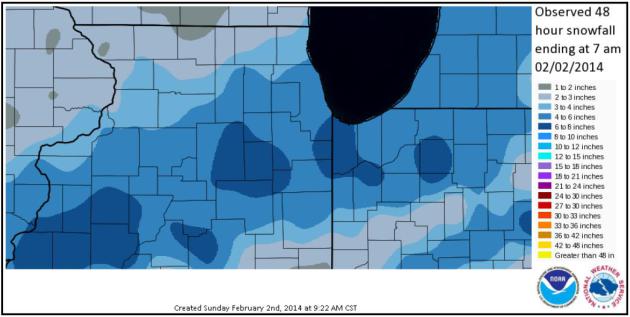
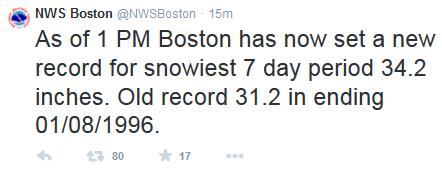
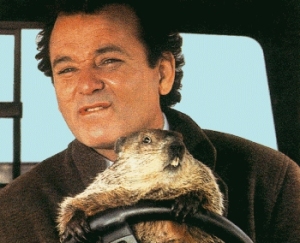
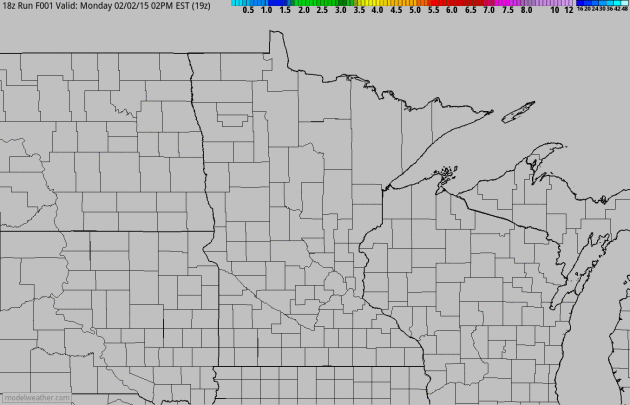
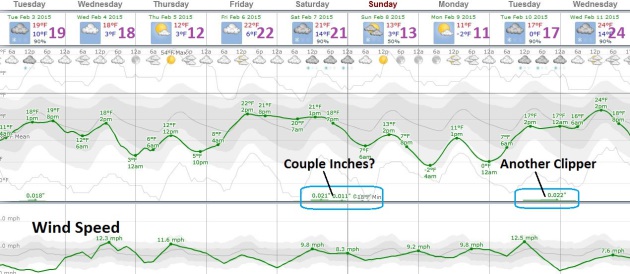
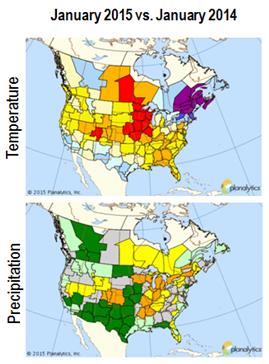
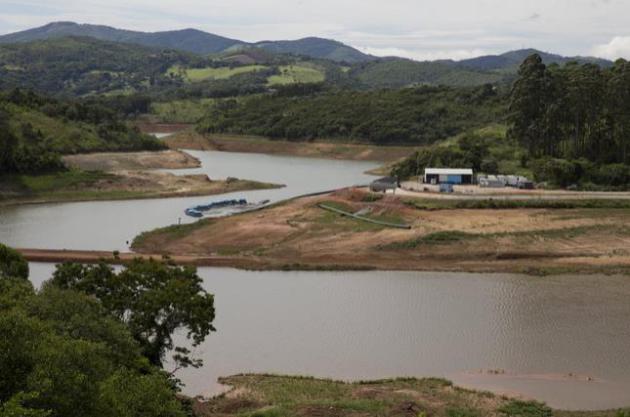
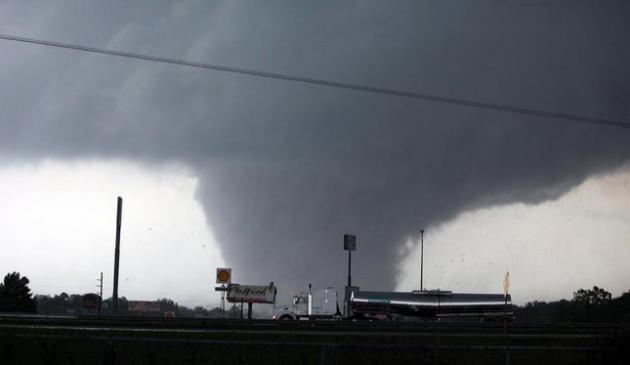
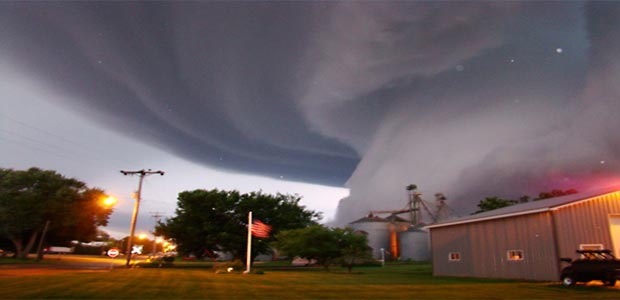
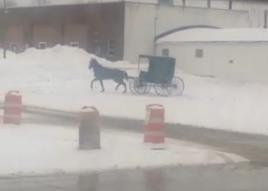
.jpg)
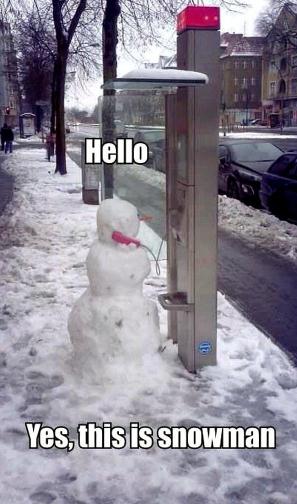
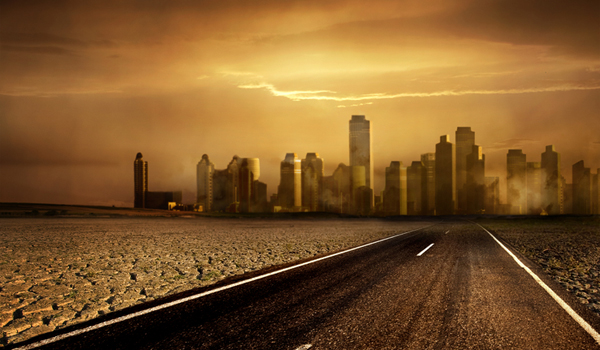

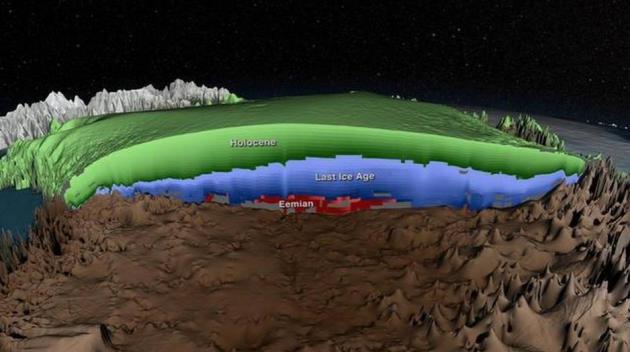
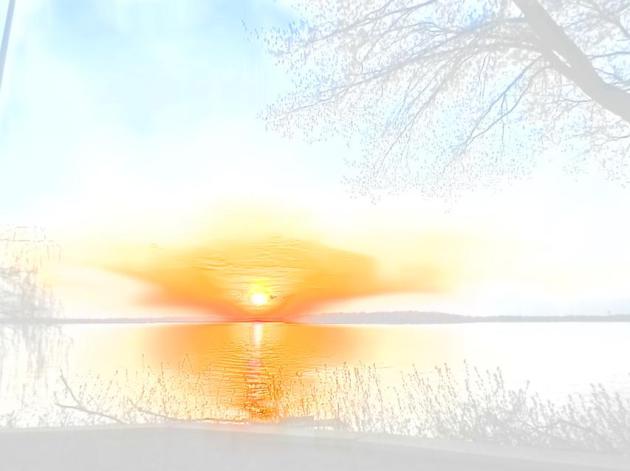
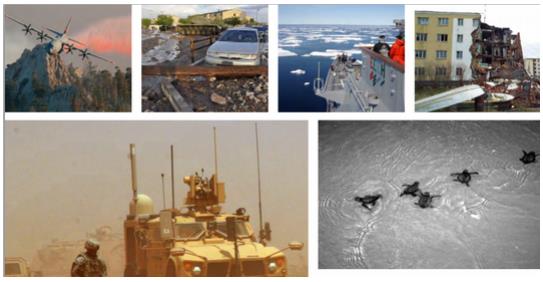
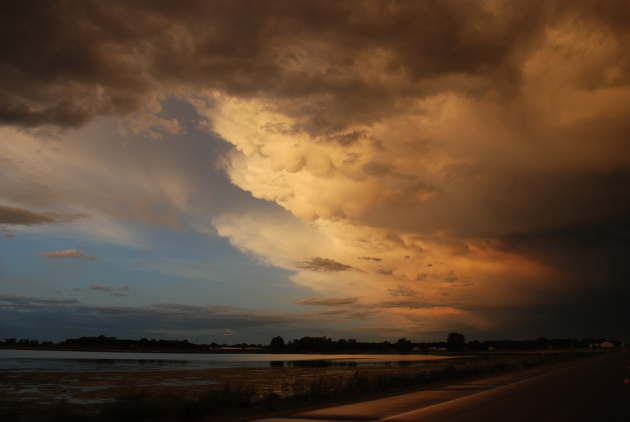
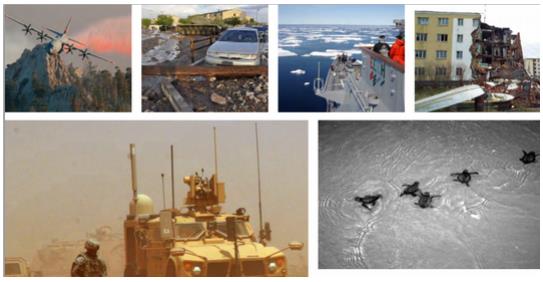
No comments:
Post a Comment